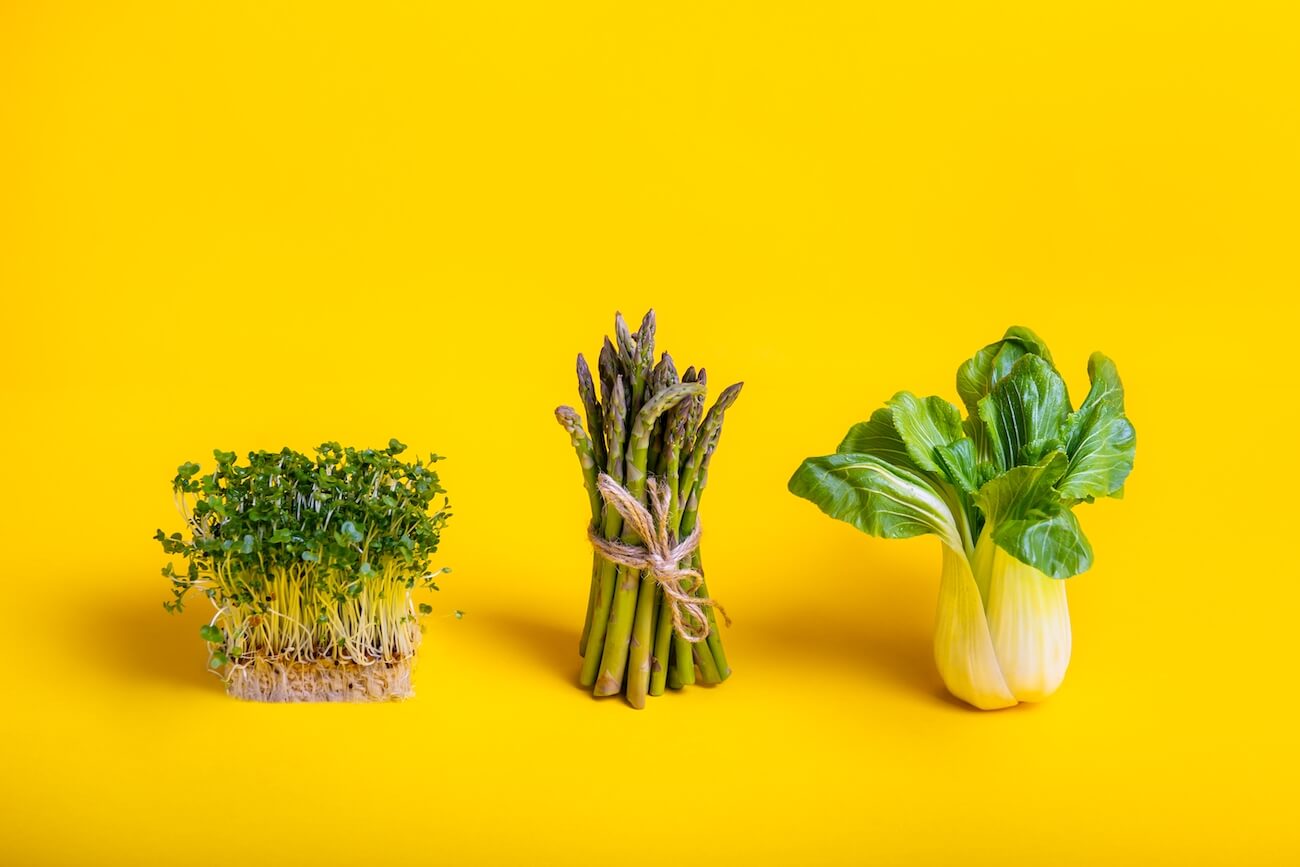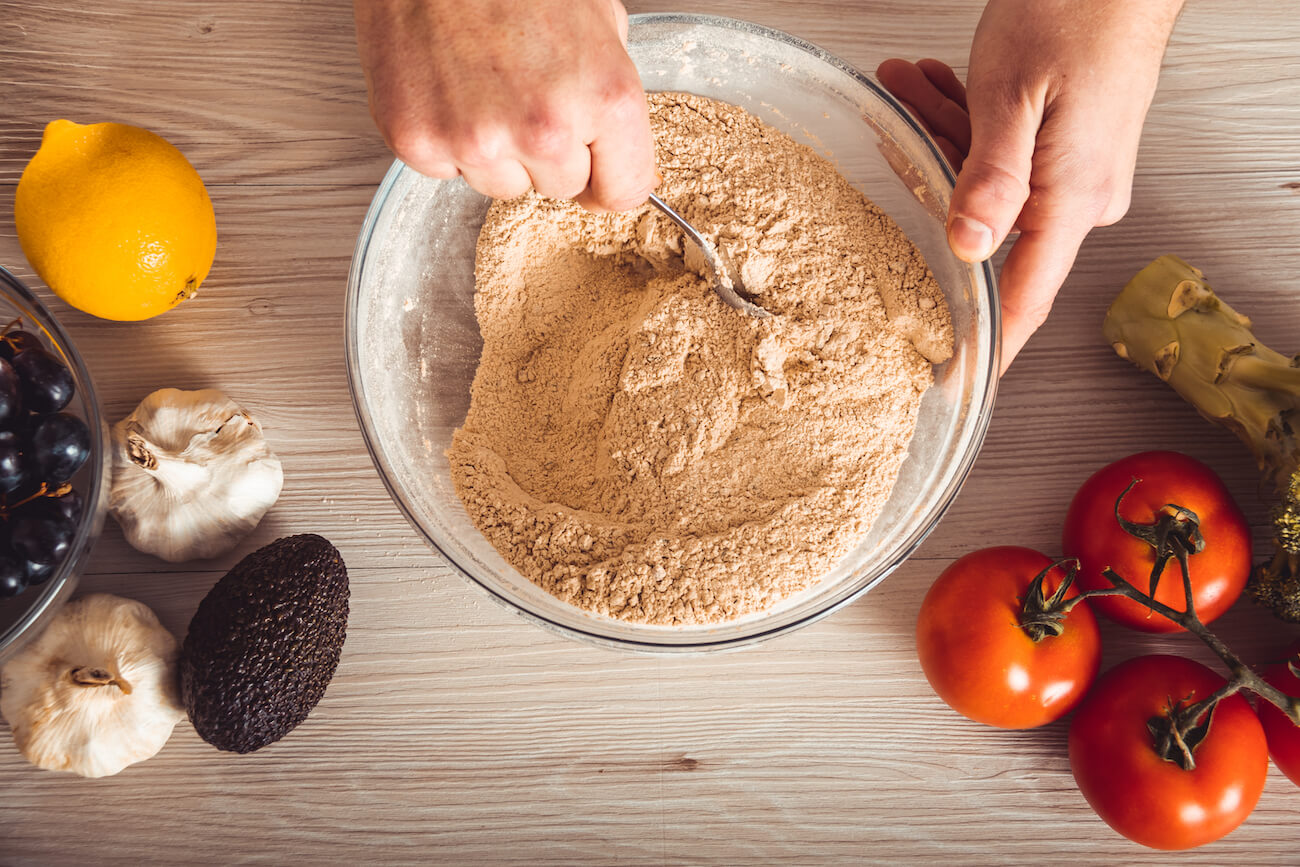Food is a necessity for all of us. You can read this in-depth guide on how to approach ethical eating. Maybe not only ethical, but sustainable, nutritious and delicious as well!
What does ethical eating mean?
- working conditions and wages of local farmers
- meats, grains and other ingredients that are humanely sourced
- agriculture methods that are sustainable
- food waste
- and carbon footprint of food production
Is it important?
Surely, one could argue that these aspects are not really important, nor necessary to consider. It is just too much work that might not bring any visible outcomes. Right away. Right. Away.
Exactly, these kind of changes in your daily life take time! But i can promise you, the change is real and your impact will be worldwide. Let’s conclude couple of reasons why ethical products are important to buy and eat.
Yes it is! And why?
In this paragraph, we are going to discuss the “why”
Firstly, if you decide to pursue ethical eating, you should be aware of its importance. I believe, it will allow you to be continuously motivated on this journey.
Secondly, ethical eating affects everyone in the food supply chain. The journey starts from the local cherry picker and goes long way towards the mass meat producers and transporters. Also currently, we are not facing a problem with food quantity, but with food quality & distribution.
If we are going to continue relying on industrial agriculture, we are just support the false hope out there. Agriculture is considered to be one of the most destructive human activities on the planet earth.
Taking care of the living soil instead of dead dirt is the difference between life and death. Millions of creature we co-exist with in this world live in the healthy soil right under our feet.
It has been calculated that 70% of our planet’s soul has been destroyed as of 2020. If we are going to continue approaching the earth in this way, we are going to run out of farmable soil in approximately 60 years. Further, it has been found that healthy soil could easily offset virtually all greenhouse gases on the planet.
Last but not least, synthetic fertilisers are demonstrated as contributors to the danger a climate change is. These fertilisers that are mainly used in industrial farming often contaminate the waterways. Thus we are facing soil and aquatic pollution.
What to look for in ethical products
Now that you have decided to eat sustainably and choose food products created in ethical manner, you need a short guide on what to look for.
There are couple of aspects you can easily see when grocery shopping already from the packaging. Some you might need to research on your own.
For example, these are the few things you can look for:
- are the ingredients ethically sourced? cruelty-free, organic, pesticide-free
- is the labor ethically sourced? fair-trade, living wage workers, working conditions
- is the packaging ethically sourced? recycled, reused, sustainable packaging
- are the business practices ethical? no human or financial exploitation of any kind
These are just couple of examples to help you navigate on your journey. All these points above might mean different things to different people. It is the honest intention you have that matters the most!


